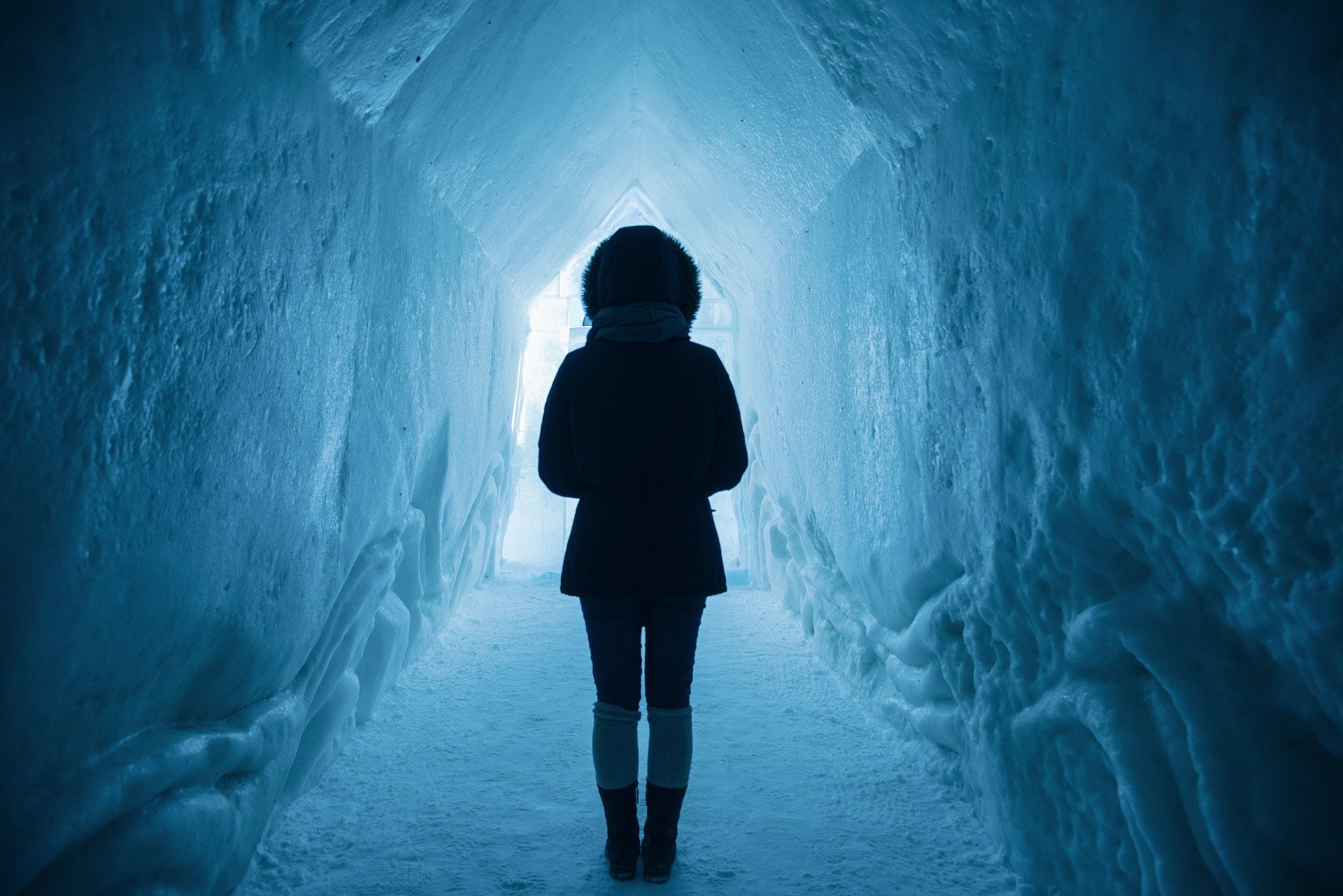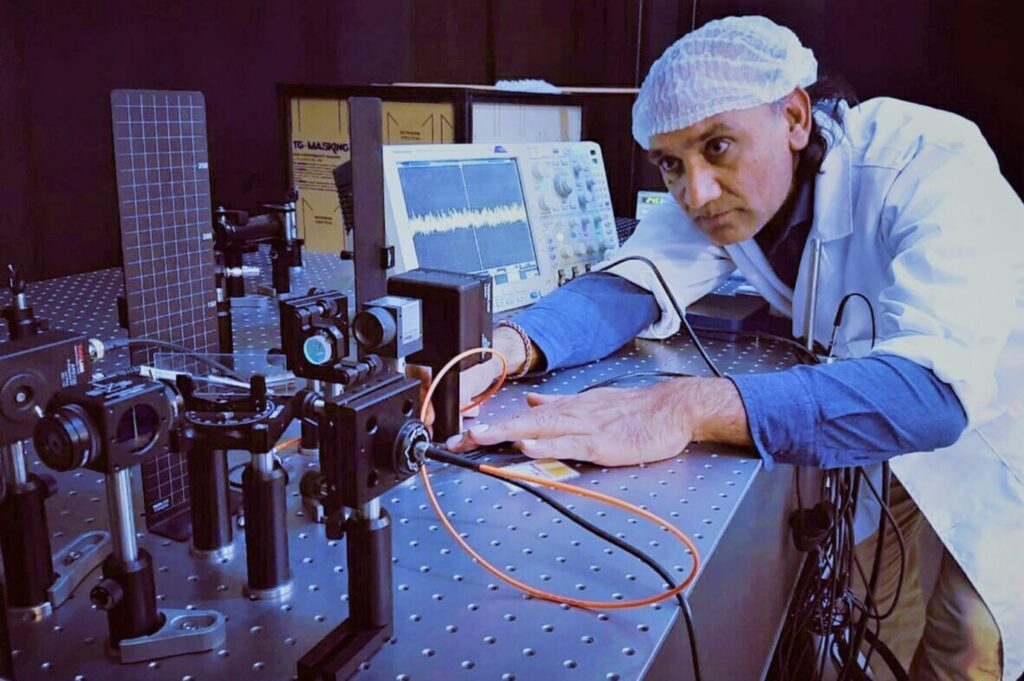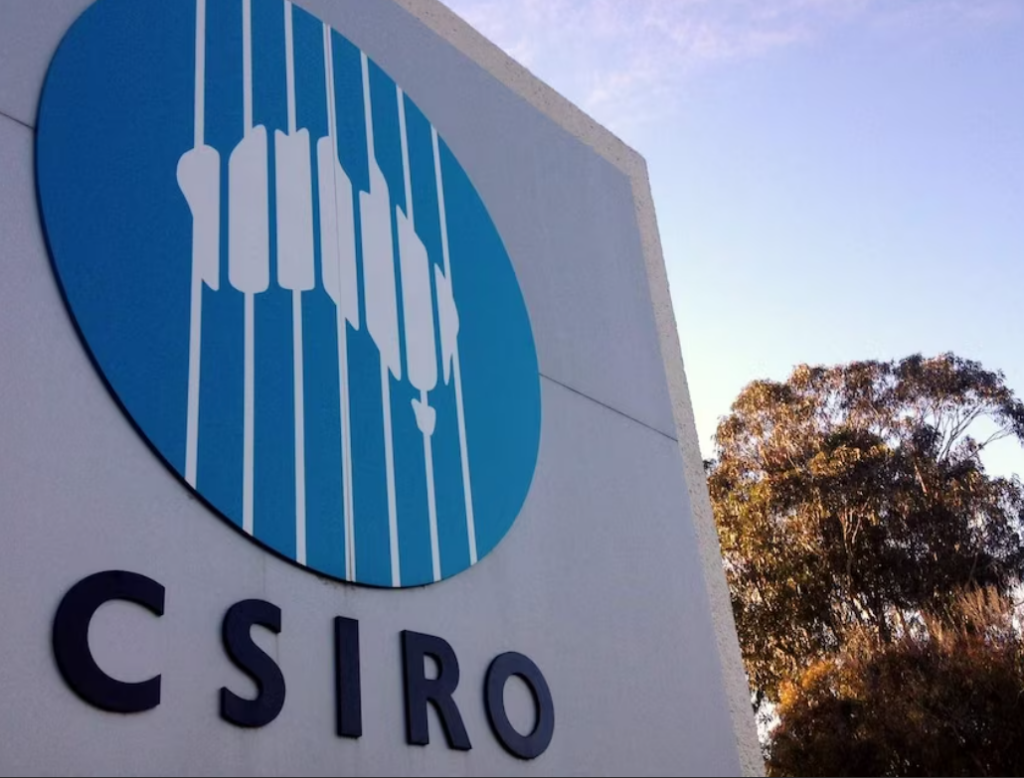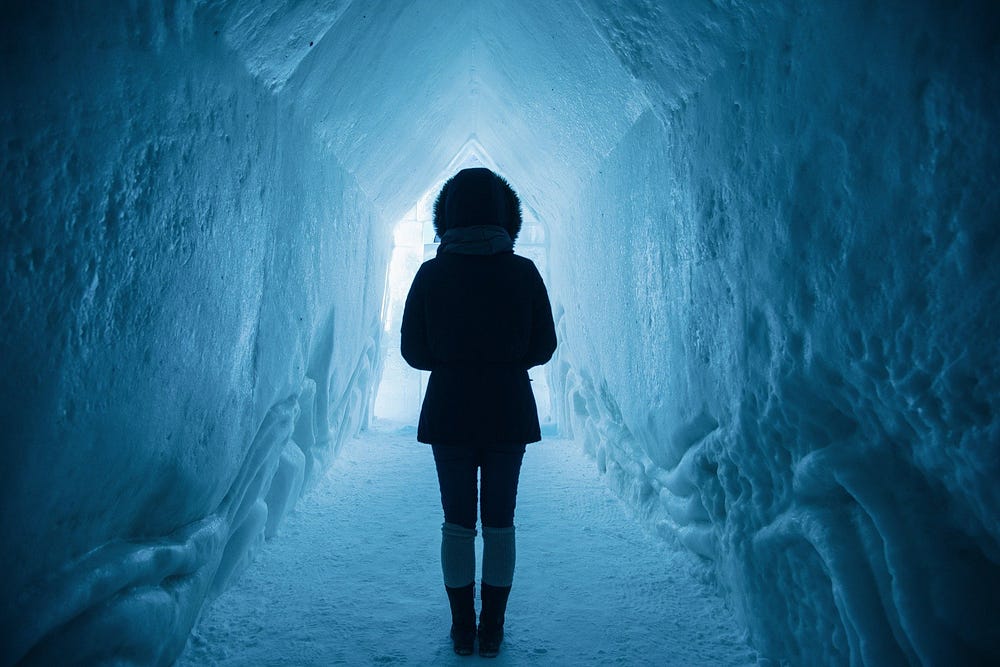
Don’t Blink
As the quantum tech space gains traction, which in turn sets the media off into a frenzy, which in turn, turns on TQD’s switches to all the corporate angles, startup stories, research-related content, and insider gossip, the better it is for us.
It’s a hamster’s wheel of content. The fast-catch action of what scientist or founder said what and when they said it.
Blink and you’ll miss it.
Although the advantages are numerous and far outweigh the disadvantages, it sometimes leaves little time to do one of the things journalists at the TQD love to do: reading meaningful content on the industry’s development.
Once in a while — though very rarely, unfortunately — I get to do that:

A few days ago I came across an interesting market research report concerning the cryogenics industry. The report, Cryogenic Equipment Market by Equipment, Cryogen, End-User And Region — Global forecast to 2025, was published in Market and Markets in February 2020. With 2019 the base year considered, it uses key historical data to prognosticate the market by 2025.
The happy news, according to the report, is the cryogenic equipment industry is set to reach over $17B by mid-decade from an estimated $12.6B last year, at a CAGR of 6.4% during the forecast period. Although the report was released in April 2020 as the COVID-19 pandemic was locking the planet down and changing the way we live, it still highlights how optimistic analysts feel about the industry.
The cryogenics sector interests TQD for one simple reason: how the market will service the quantum computing (QC) and quantum information science (QIS) industries? So far, it seems to be in supplying state-of-the-art dilution refrigerators, high-field magnets and cryostats. But the future of semiconductor and superconductor devices — even ultra-low temperature (4 K) switching devices — are reliant on innovation in the cryogenics sector.
This is only set to continue as the QC market grows. What’s good for one is good for the other, naturally — something Oxford Instruments NanoScience, Delft Circuits and Montana Instruments are only too aware of.
Three more companies, too, are mindful of the potential benefits their industry — which arguably started with the seminal work of Raoul Pictet and Louis Paul Cailletet, later followed by James DeWar and Heike Kamerling Onnes’ contribution — can do for quantum tech: Absolut System, ICEoxford and Thales Cryogenics.
Absolut System
Founded in France in 2010 by expert engineers specializing in cryogenics, Grenoble’s very own Absolut System aims to guarantee unique cryogenic engineering, development, design, and commercialization while working across industry, laboratories, research programs, aeronautics, and the space sector.

With a product line that encompasses dry cryostats, LN2 cryostats, high-performance cryogenic circulation fans (CCF), cryocooling Helium closed-loop configurations, and pulse tubes etc., Absolut System’s objective is
to provide the right technologies for your application
ICEoxford
ICEoxford, on the other hand, was founded in 2004 by Chris Busby and Paul Kelly with the goal to design, build and install ultra-low temperature cryogenic equipment for the research equipment. Fifteen years on from that it is now ‘a leading supplier of custom design and high-performance cryogenic systems to scientific and cryogenic research groups throughout the world’.
With headquarters in Oxford, UK, ICEoxford’s products range from dry cryostats with 3K to 10K base temperature, various temperature-scale wet systems and probes. Applications ICEoxford’s IP can address include high-temperature superconductivity and top-loading cryostat for Mossbauer.
However, of special interest to TQD are its product lines applicable to the quantum tech industry that comprise dry ice cryostats for photonic QC, solid-state QC and single-photon detection.
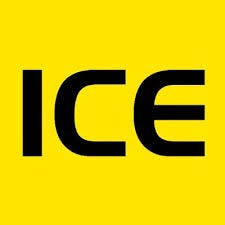
Managing director and co-founder of ICEoxford is Chris Busby. Starting off as a materials manager at Oxford Instruments before he founded ICEoxford, Busby is a graduate of Oxford Brookes University.
Fellow co-founder of ICEoxford Paul Kelly is the company’s CTO. Like Busby, he worked for Oxford Instruments for two decades as a principal engineer prior to setting up ICEoxford with Busby.
Thales Cryogenics
Tracing its roots to the late 19th century, Thales Cryogenics — part of the larger Thales Group — has more than half a century’s experience in the cryogenics industry and is the European leader in supplying compact cryogenic coolers for the military, airborne, space, and industrial applications. Consisting of Thales Cryogenie SAS, based in France, and Thales Cryogenics BV, based in The Netherlands, Thales Cryogenics is conducting research to develop high-tech coolers for today’s demanding markets. The company’s ultimate objective (at least for now) is in cooling temperatures down to 40K, though this temperature could be lowered down to 15K if the application requires it.
Thales Cryogenics’ product range in state-of-the-art cryogenic solutions includes RM Rotary monobloc, UP/LS Contact seal, LSF Flexure bearing, and LPT Pulse-tube coolers.
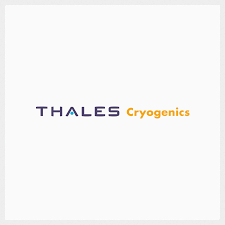
The Thales Group operates in over fifty countries. This, as well as the 65,000 dedicated and passionate employees working for the company and its global network of some 20,000 world-class researchers, creates a scenario for Thales Cryogenics where it can count on the enormous support network of its parent company to change the cryogenics industry for the better.
It’s a given the science of cryogenics has done immeasurable work for applications in surgery, therapy, gas transportation and food preservation etc. What is needed now, however, is a giant leap forward in facilitating outcomes in QIS and QC.
Though there’s no guarantee the technology will succeed, at least in the short to mid-term, there’s little doubt the cryo industry is — and will continue to be — an important aspect of quantum tech’s rise.
If you found this article to be informative, you can explore more current quantum news here, exclusives, interviews, and podcasts.


